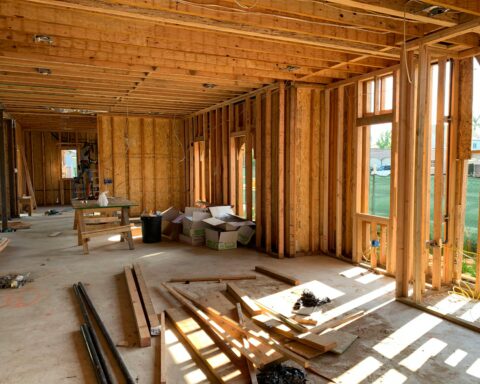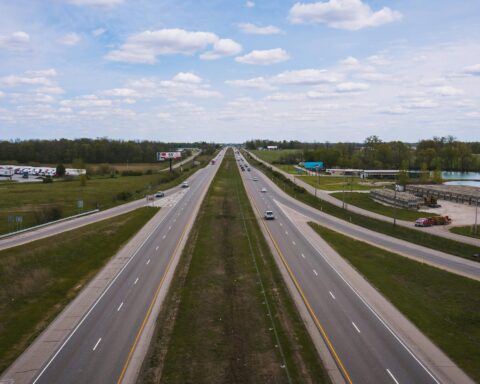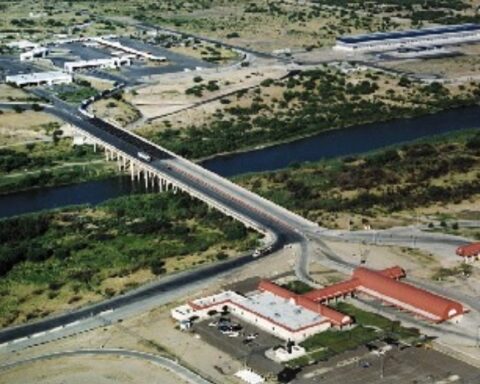Most Americans believe local and federal officials should do more to address climate change, a 2023 report from the Pew Research Center found.
Federal funding is available through the Infrastructure Investment and Jobs and Inflation Reduction acts to help municipalities become less carbon intensive, more resilient to climate change and to address racial wealth disparities. However, many need technical help to design and implement changes.
That’s why Bloomberg Philanthropies established a three-year initiative to help 25 U.S. cities access more than $400 billion in federal funds to build greener, more energy efficient communities.
Kansas City, Oakland, Atlanta and Pittsburgh are among the cities selected to benefit from the initiative, called Bloomberg American Sustainable Cities.
“Over the next three years, a network of world-class partners including PolicyLink, the Bloomberg Center for Public Innovation and Johns Hopkins University, the Natural Resources Defense Council, Delivery Associates, and the Sustainable Cities Fund will help the 25 cities to pursue transformative solutions to address climate change and advance racial wealth equity,” Kelly Shultz, who leads Bloomberg Philanthropies’ sustainable cities initiative, told Government Market News.
Pittsburgh was chosen, in part, because of previous climate efforts, such as working to electrify the city’s vehicle fleet, developing renewable energy sources and pushing developers “to adhere to high standards for energy efficiency in new construction,” the city said in a press release.
For example, the city and a coalition of environmental organizations used a grant from the Department of Agriculture to increase the tree canopy in Allegheny County.
“Anticipated solutions implemented through the Bloomberg American Sustainable Cities could include developing affordable, energy-efficient housing, investing in electric vehicles and infrastructure, accelerating the transition, and expanding access to clean energy,” city officials said.
Although Bloomberg Philanthropies will not influence a city’s decision-making, the organization will hire the people to advise cities, Shultz said.
“Bloomberg Philanthropies’ funding will ensure that each city receives dedicated technical expertise and staff (called an innovation team or i-team) to identify, leverage and implement federal funds to advance local projects,” Shultz said.
Bloomberg’s help for the selected cities will be tailored for their unique priorities, Shultz added.
In Oakland, the initiative plans to work with officials and various departments to ensure Black residents benefit from the city’s Urban Forest Plan, which seeks to alleviate heat stress, improve air quality, lower utility bills and improve overall quality of life.
“Leveraging the program offerings and the expertise of the i-team, Oakland anticipates employing a strategic blend of root cause analysis and design-based innovation processes to refine and expand project ideas,” city officials said. “The root cause analysis will identify systemic barriers hindering the development of Black entrepreneurs, ensuring interventions address these challenges directly.”
Participating cities have applied for or received 100-plus federal grants, Shultz noted. Bloomberg Philanthropies’ help will ensure each city receives dedicated technical expertise and staff to identify, leverage and implement federal funds to advance local projects, she said.

Correction: This story has been corrected to say Bloomberg American Sustainable Cities helps cities receive $400 billion in federal funds.













